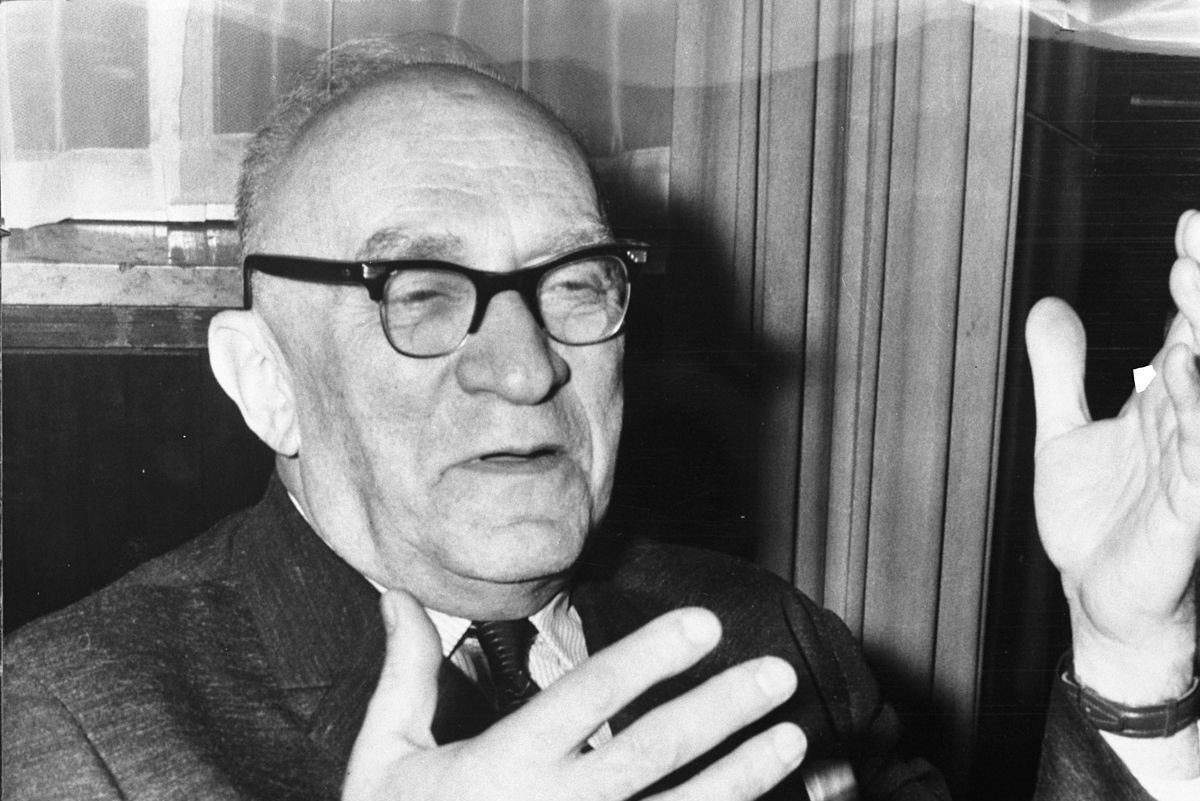Bertil Ohlin, a Swedish economist and politician, is widely recognised as the father of modern trade theory. Ohlin’s work on international trade dynamics has had a profound impact on the field of economics. He was born on April 23, 1899, in Klippan, Sweden, and passed away on August 3, 1979, in Vålädalen. Ohlin’s contributions to economics have been recognised through various accolades, including sharing the Nobel Prize in Economics with James Meade in 1977.
He served as a member of the Swedish parliament, as the Minister for Trade from 1944 to 1945, and as the leader of the Swedish Liberal Party from 1944 to 1967. Ohlin’s pioneering work has inspired generations of economists, and his legacy continues to influence the study of international trade today. For more information about Bertil Ohlin, continue reading this article of Zatrun.com.
Table of Contents
Who is Bertil Ohlin?
Bertil Ohlin was a Swedish economist and politician who is recognised as the pioneer of the modern theory of trade dynamics. He completed his academic studies at the University of Lund and Stockholm University, where Eli Heckscher mentored him. Ohlin’s interest in international trade began early, and he presented his thesis on trade theory in 1922. He also spent time at both Oxford University and Harvard University, where Frank Taussig and John H. Williams influenced him.

Bertil Ohlin received his doctorate from Stockholm University in 1924 and began working as a professor at the University of Copenhagen the following year. In 1930, he succeeded Eli Heckscher at Stockholm University and started working there. During this time, Ohlin had a dispute with John Maynard Keynes about Germany’s ability to pay war reparations.
Ohlin believed that war reparations were nothing but international transfers of buying power, while Keynes held the opposite view. However, by 1936, Keynes came to agree with Ohlin’s perspective. Their argument on reparations helped shape modern theories of unilateral international payments.

How Did He Revolutionise International Trade?
In 1933, Bertil Ohlin gained worldwide recognition with the publication of his book “Interregional and International Trade,” which combined his own doctoral thesis with the work of Eli Heckscher. He presented the Heckscher-Ohlin theory of international trade, which states that if two countries produce two goods using two factors of production (labour and capital), each country will export the good that uses the most abundant factor of production.

The Heckscher-Ohlin theorem also formed the basis of Bertil Ohlin’s subsequent research on the effects of protecting real wages. As a member of the Stockholm school of economists, Ohlin developed a theoretical framework for macroeconomic policy, building on the foundations laid by Knut Wicksell. His work on the importance of aggregate demand foreshadowed later research by Keynes.












